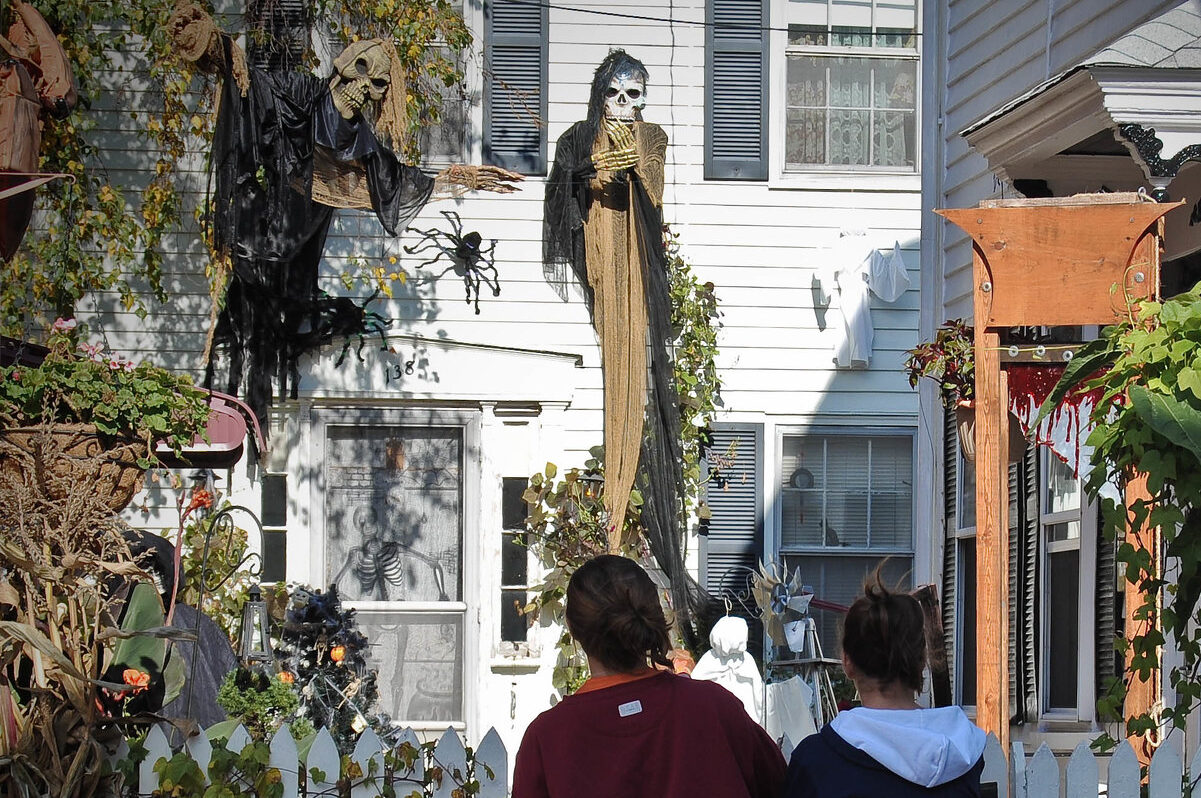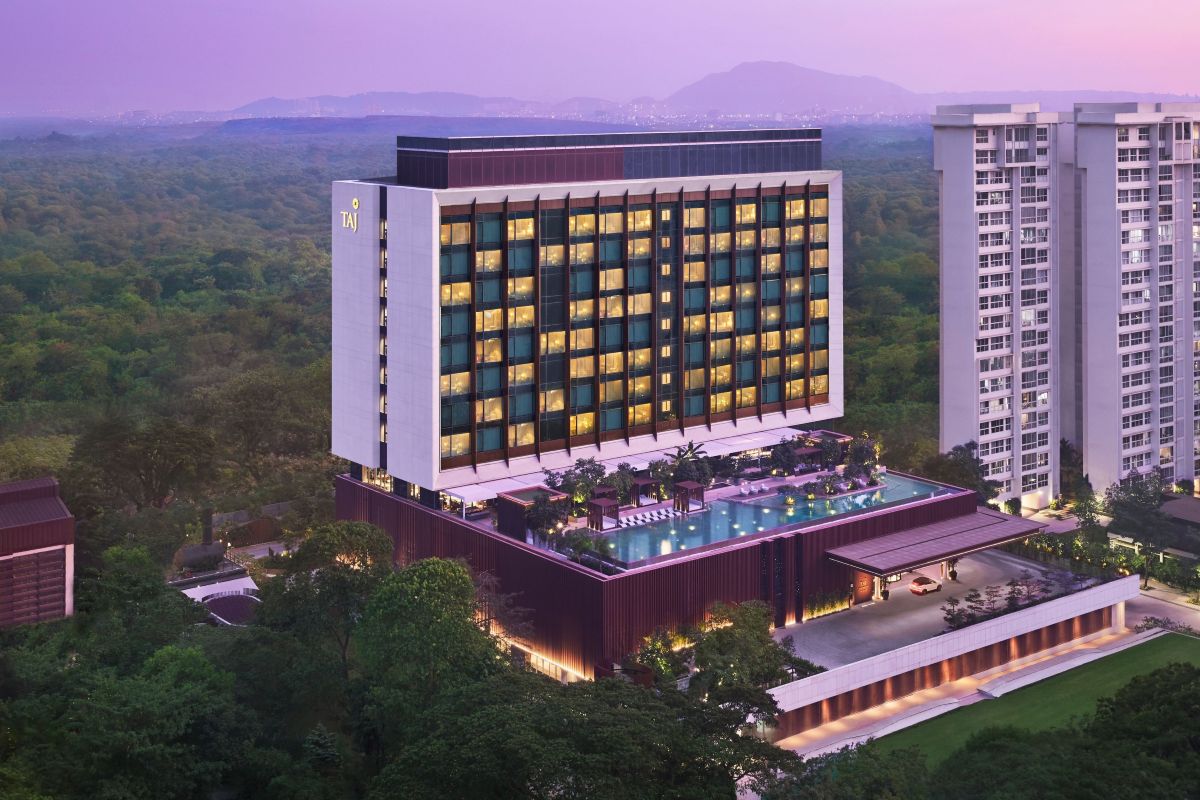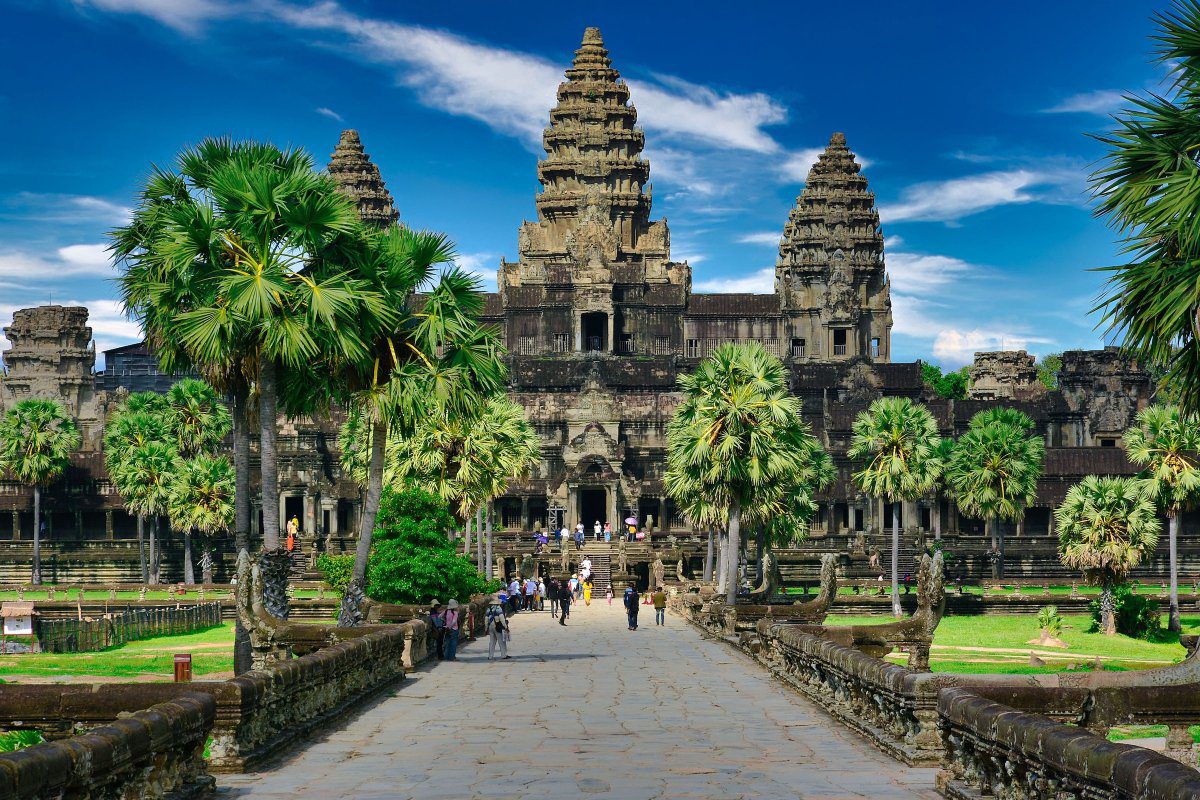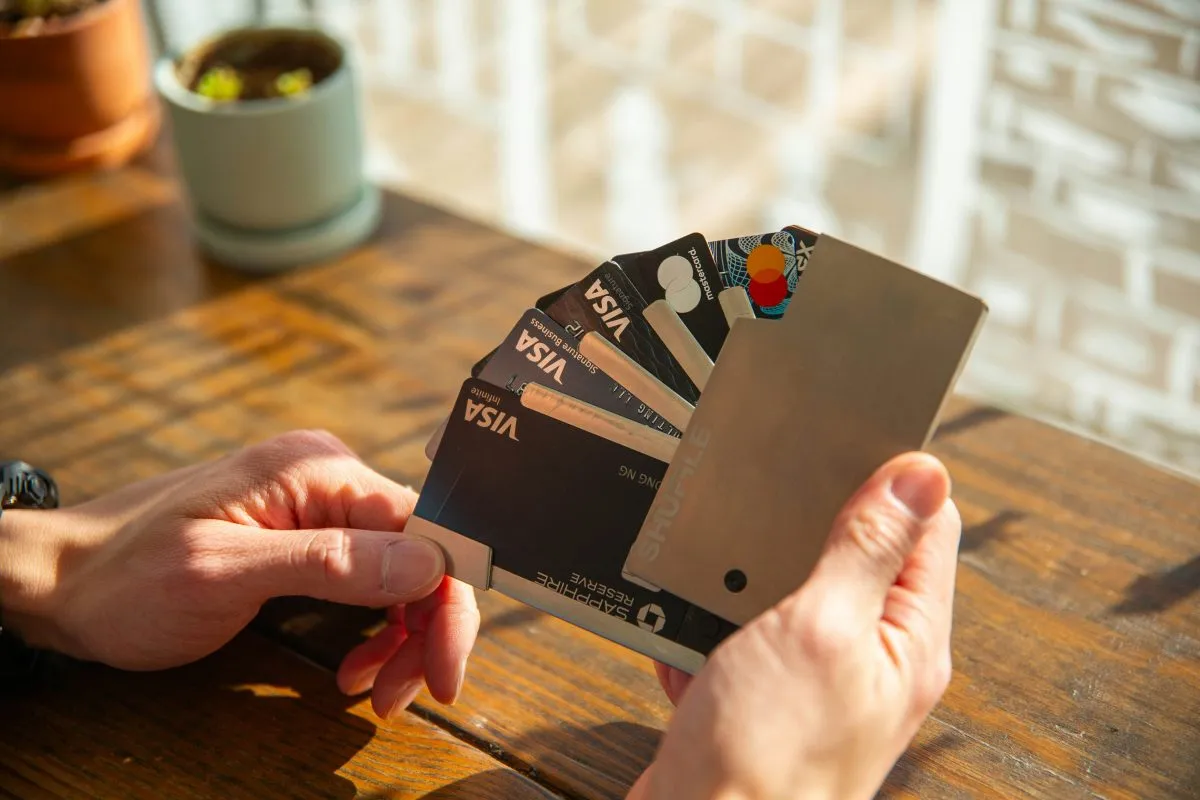Halloween Scares Up Profits for the Travel Industry

Skift Take
The town smelled of autumn: damp leaves, cinnamon, and the faint, almost metallic bite of cold creeping through the trees. But it wasn’t just the pumpkin patches or the flickering jack-o’-lanterns that drew the tourists here. They’ve come for something darker.
They’ve come for the ghosts.
Hail, horrors! Hail
Halloween – which not long ago was a niche, semi-holiday of the school age set – has morphed into a high-revenue season for the travel industry, as haunted destinations draw tourists in droves, eager to immerse themselves in eerie experiences.
Consumer spending this Halloween is projected to surge to an eye-popping $12.2 billion, a strong rebound in holiday participation that exceeds pre-pandemic levels. Data from the National Retail Federation finds more Americans are engaging in Halloween-related activities, including travel.
Rising demand for experiences such as destination events, haunted attractions, and seasonal travel is fueling a significant portion of the spending increase.
Halloween is no longer just one night — it’s a whole season spanning from late September through October. From the haunted cities of Savannah to New Orleans, and further afield to the cobblestone streets of Edinburgh and Prague, the economic impact of spooky tourism is undeniable. Ghost tours and paranormal events now contribute up to 20% of local tourism revenues in these haunted hotspots.
Spooky Season
No surprise, Salem, Massachusetts, known for the infamous Salem witch trials of 1692, is one the most booked cities for Halloween, according to Airbnb. The city generates more than 20% of its yearly stays during the month of October.
But it’s not just the traditional haunted locales that are cashing in. According to a recent report by World on Holiday, hotel bookings for Halloween surged 73% year-over-year, driven in large part by families craving a seasonal getaway. Solo travelers are also in on the action, with bookings up 59% compared to last year.
The real surprise? Minneapolis is leading the charge with a jaw-dropping 573% year-over-year increase in hotel bookings for Halloween. Atlanta isn’t far behind, boasting a 496% rise, while Charlotte, Kansas City, and Austin are also seeing major jumps with growth rates of 388%, 379%, and 302%, respectively. This surge reflects not just an appetite for seasonal travel, but a hunger for something more immersive — and, yes, spooky.
'Exciting Yet Safe'
Destinations across the country are catching on. Kentucky Tourism’s "Kentucky After Dark" campaign, for example, has tapped into travelers’ love of “exciting yet safe” thrills, blending real history with supernatural folklore. In its debut year, the campaign generated 658 million impressions, a number that has since ballooned to over 1 billion.
Robbie Morgan, director of the Lawrenceburg/Anderson County Tourism Commission, describes the effort as akin to creating a real-life horror movie experience for tourists. “The goal was for travelers to view Kentucky After Dark like the thrillers they love — exciting yet safe,” she says.
Leveraging TikTok and Instagram, Kentucky After Dark has expanded in its second year, drawing in 38,400 followers and racking up over 4.7 million views. With an optimized social media strategy, the campaign’s cost per view hit an impressive $0.0046, outperforming typical media efforts by 2,000%.





